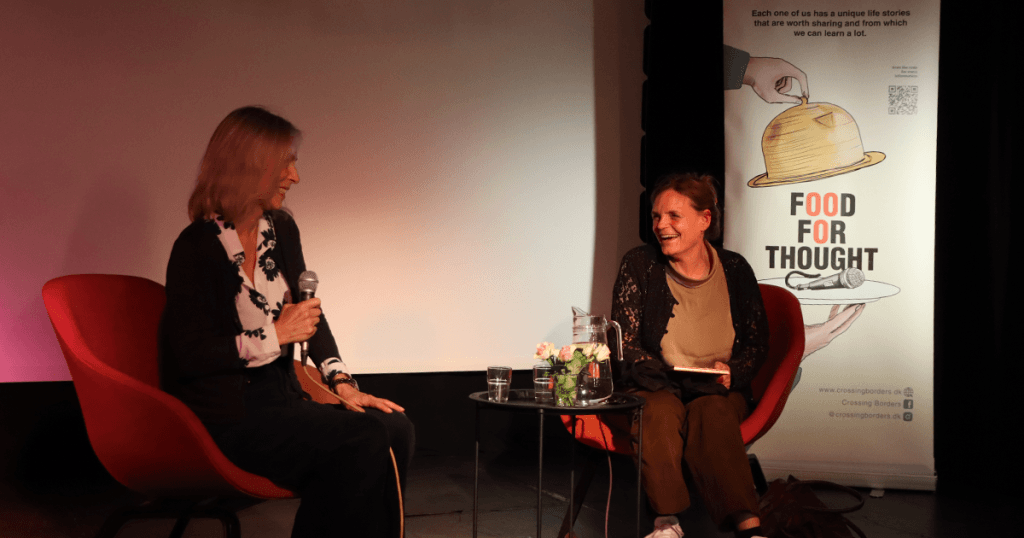Youth For Ukraine: Kick-off Gathering
Saturday, the 2nd of December, from 10:00 to 17:00, Crossing Borders gathered 38 Ukrainian youths aged 16-30 from all over Denmark to explore how they could create a meaningful and sustainable community for Ukrainian youth in Denmark. Working in large group dialogue processes, they explored the question ‘What would be a meaningful and sustainable community for you?’ and collaborated on projects, ideas, and initiatives they could undertake together. During the process, they clarified the values, events, and communication channels they wanted the community to be based on. They created five clubs: Sports, Creative Community, Mental Wellbeing, Online Community, and Social Activities, and established a Social Media community for their future work. The youth were very enthusiastic and engaged during the process, and it was clear there was a real need for the event, as one participant shared, ‘This is the first time I have felt at home in Denmark.’ Thank you to our partners from Bevar Ukraine and to Tuborg Fondet and BUPL Solidaritets- og Kulturfond who sponsored the event. The Youth For Ukraine gathering was the first of three initiatives planned by Crossing Borders. The next project is an innovation camp at the Youth Island outside Copenhagen, aimed at developing new solutions to the most pressing issues facing Ukrainian youth in Denmark. The innovation camp is scheduled for March/April 2024. We are following up with a 1½-year capacity-building program focused on the democratic engagement of Ukrainian youth in Danish society. This is the first national initiative that has been taken for Ukrainian youth in Denmark.
Youth For Ukraine: Kick-off Gathering Read More »











